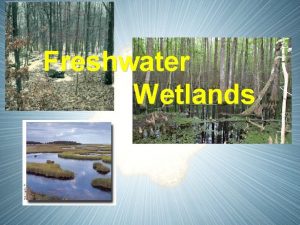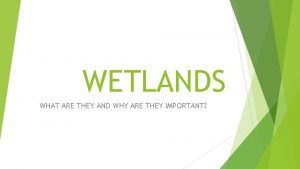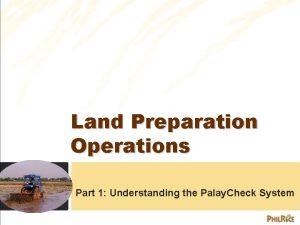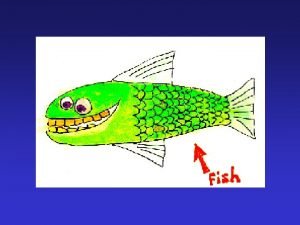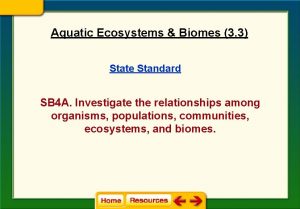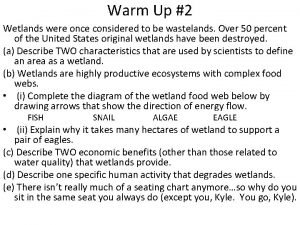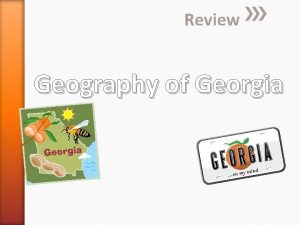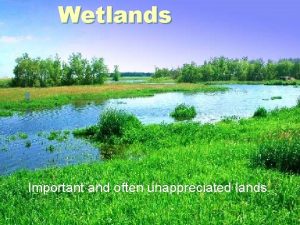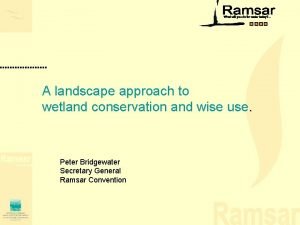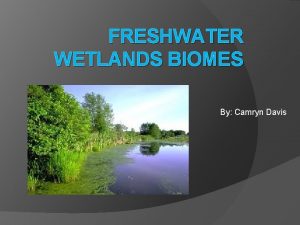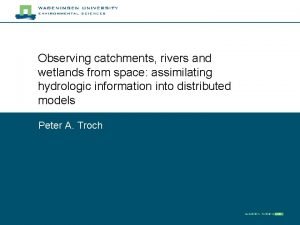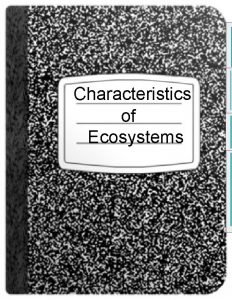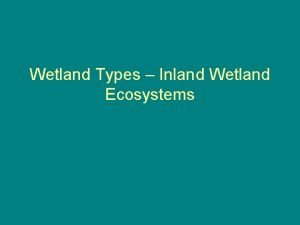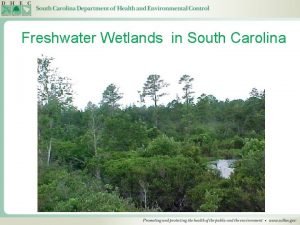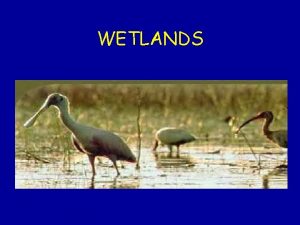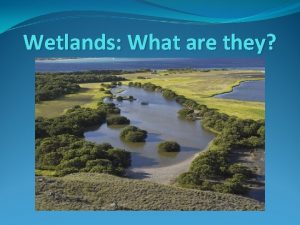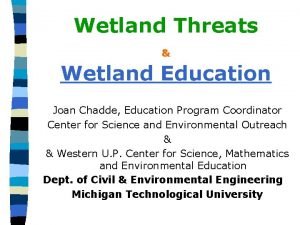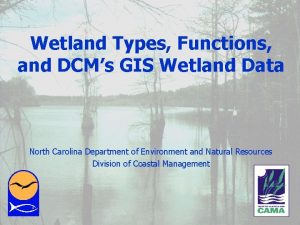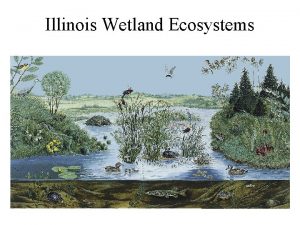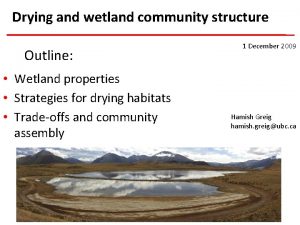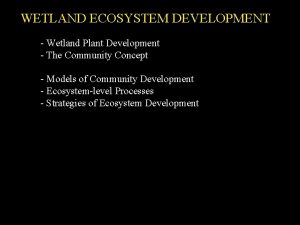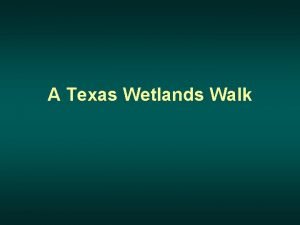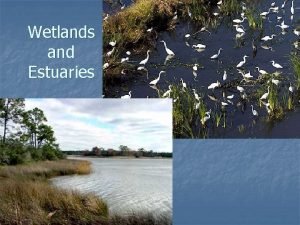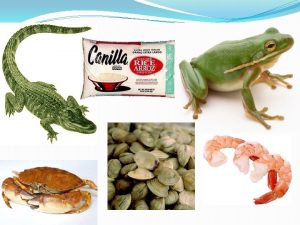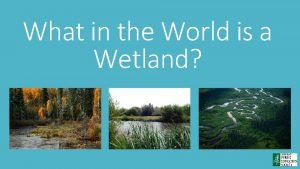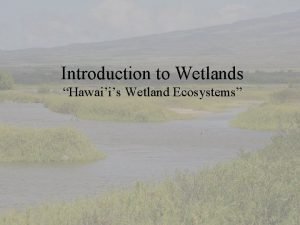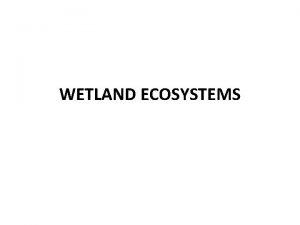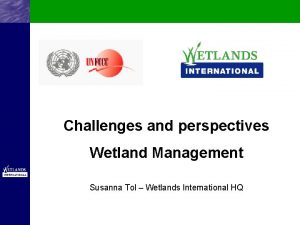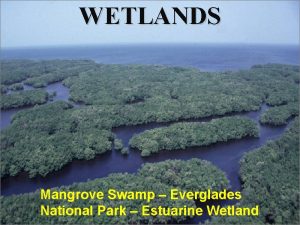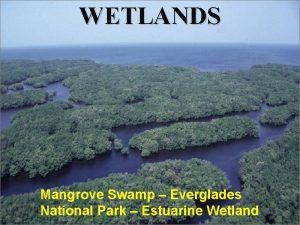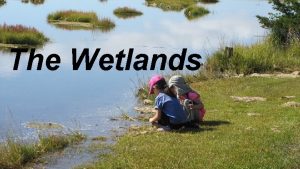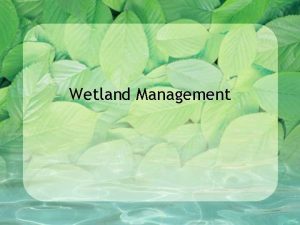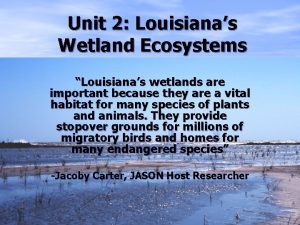WETLANDS What are wetlands A wetland is a
































- Slides: 32

WETLANDS

What are wetlands?

A wetland is a water resource that has three characteristics: • Wetland hydrology • Wetland soils • Wetland plants

Wetland Hydrology Water that is present in depths less than 6 ft. , or soils are saturated, for 10 days or more during the growing season for the prevalent vegetation;


Hydric soils Soils with physical and chemical characteristics that are associated with lack of oxygen in the soil

Hydric or Wetland Soils Characteristics • Very dark brown or black colored, or sometimes gray or blue; • Distinct smell of rotten eggs when you dig in it; • Can have distinct red or reddish colored spots, called mottles, in it; • Sometimes a “histic epipedon” or a layer of peat-like material at the surface.

Hydrophytic vegetation Vegetation uniquely suited for growing in water or saturated soil conditions

Plants that grow in water have adaptations to get air to roots • Floating leaves • Hollow stems • Roots that grow above the soil/water surface • Trees have “buttresses”, i. e. , very wide trunks at the soil/water surface, sometimes with roots sticking out to help the tree stand in mucky soils.




Where are wetlands found?

• Associated with streams and stream margins • Low gradient (flat) valley bottoms • Sideslopes with springs and seeps • Depressions such as roadside drainage ditches • Tidal estuaries and interdunal swales • Almost anywhere there is standing water during late spring






Why are wetlands important?





Wetlands provide homes for wildlife • Habitat for birds of all types • Refugia for deer and other mammals • Habitat for fish, salmon and other types of aquatic life • Habitat for frogs, turtles, newts, salamanders




Wetlands are valuable so they are protected by law: The Clean Water Act protects wetlands in all states, and in Oregon, the Fill and Removal Law also protects wetlands.

Threats to wetlands • New development like roads, houses, shopping centers and malls: These activities threaten wetlands by filling them in to make land to build on and by increasing the amount of paved area • Farming: Farming can drain or destroy existing wetlands through clearing, plowing, draining, and planting them.

More threats to wetlands: • Water and land pollution: Industrial wastewater being discharged into wetlands, land fills and other activities that pollute surface and ground water • Invasion of wetlands by non-native or pest plants and animals

What will you do to protect our wetlands?
 Insidan region jh
Insidan region jh Wetland ecosystem definition
Wetland ecosystem definition Submerged gravel wetland
Submerged gravel wetland What does a wetland do for the environment
What does a wetland do for the environment Wetland tillage
Wetland tillage Inland wetland
Inland wetland Wetland dominated by nonwoody plants
Wetland dominated by nonwoody plants Which statement identifies a reason to preserve wetlands?
Which statement identifies a reason to preserve wetlands? Wetlands were once considered to be wastelands
Wetlands were once considered to be wastelands Which statement best describes georgia’s barrier islands?
Which statement best describes georgia’s barrier islands? Why are wetlands important
Why are wetlands important Conservation of wetlands
Conservation of wetlands Wetlands biomes
Wetlands biomes Wetlands
Wetlands Characteristics of wetlands
Characteristics of wetlands

